The fifth level is when spells start becoming powerful enough that a wizard or cleric has a chance of dispatching an entire group of enemies in one round. In fifth edition Dungeons & Dragons there are plenty of great spells to choose from, in particular for divine spellcasters.

Related
Dungeons & Dragons: 21 Best Warlock Invocations, Ranked
There are few more powerful moves in a Dungeons & Dragons campaign than warlock invocations. Here are the best of them, ranked.
However, many notable spells from previous editions were omitted; a prime example is lower resistance. This list will contain the best 5th-level spells in 5e, with one exception including information about where the spell can be found and a conversion of its effects to contemporary rules.
Updated on November 21, 2024, by Alfredo Robelo: With the release of the 2024 Player’s Handbook, new and improved spells have come out for all levels of spellcasting, including the fifth level spells. We’ve updated this list to include even more spells of this level, from utility abilities to forces of destruction.
21 Awaken
Create Your Own Spies
Awaken is a spell filled with roleplay possibilities since it lets you give a beast or a plant an Intelligence score of ten, as long as it was three or lower to begin with. This process makes the targeted creature learn a language you know, letting it communicate by speaking said language, and it is charmed by you for 30 days.
Awaken can also target plants that aren’t creatures, with the DM giving it stats according to its nature.
The charmed effect ends prematurely if you or your allies attack the creature, but once it wears off, there is no reason for the creature not to continue being your ally. This way, you can gain a powerful source of information gathering since an awakened brid can gather all sorts of intel while hiding in plain sight.
20 Bigby’s Hand
Create A Helpful Hand
This spell creates a giant, floating, ghostly hand that mimics the movements of one of your hands. While you need to concentrate on it to maintain it, you can command the hand to do things with a bonus action, leaving your main action open to cast other spells or anything else you might need to do.
On a basic level, the hand can add to your offensive abilities, punching and pushing enemies. It also can, however, aid you defensively, becoming a half cover for you (as long as you position yourself right) and difficult terrain for your enemies since normally the hand doesn’t really occupy its space.
19 Destructive Wave
Decent Area Damage
Paladins are often facing hordes of minions from their necromantic enemies, so ways of dealing area damage are a must. Destructive Wave is a great way of dealing with such minions since you deal damage in a 30-foot area around yourself, and you can choose not to hit your allies.
The damage type is usually a combination of thunder and radiant, with the possibility of knocking the enemies prone, so keep that in mind for your ranged attacking companions. Should your enemies be resistant to radiant damage for whatever reason, you can change the radiant portion of the damage into necrotic instead.
18 Conjure Elemental
Summon Allies
Conjure Elemental is an obvious choice for a favorite spell, since everyone loves to have a minion. It’s useful to have a powerful, otherworldy servant who is friendly to both you and your party, at least for a while.
The more powerful you are the more powerful their elemental servant is. The downside to this spell is that it requires a certain amount of concentration upon casting, and if you fail it, the elemental servant will turn on your and your party.
17 Teleportation Circle
Get To Where You Need To Be
Teleportation Circle allows the caster to draw a 10’ diameter circle on the ground and open a portal to an already prepared circle at another location. By the time the party’s arcane spellcaster can cast this spell, the party will likely have a permanent base or headquarters of some sort. One room in that location should be dedicated to this spell.
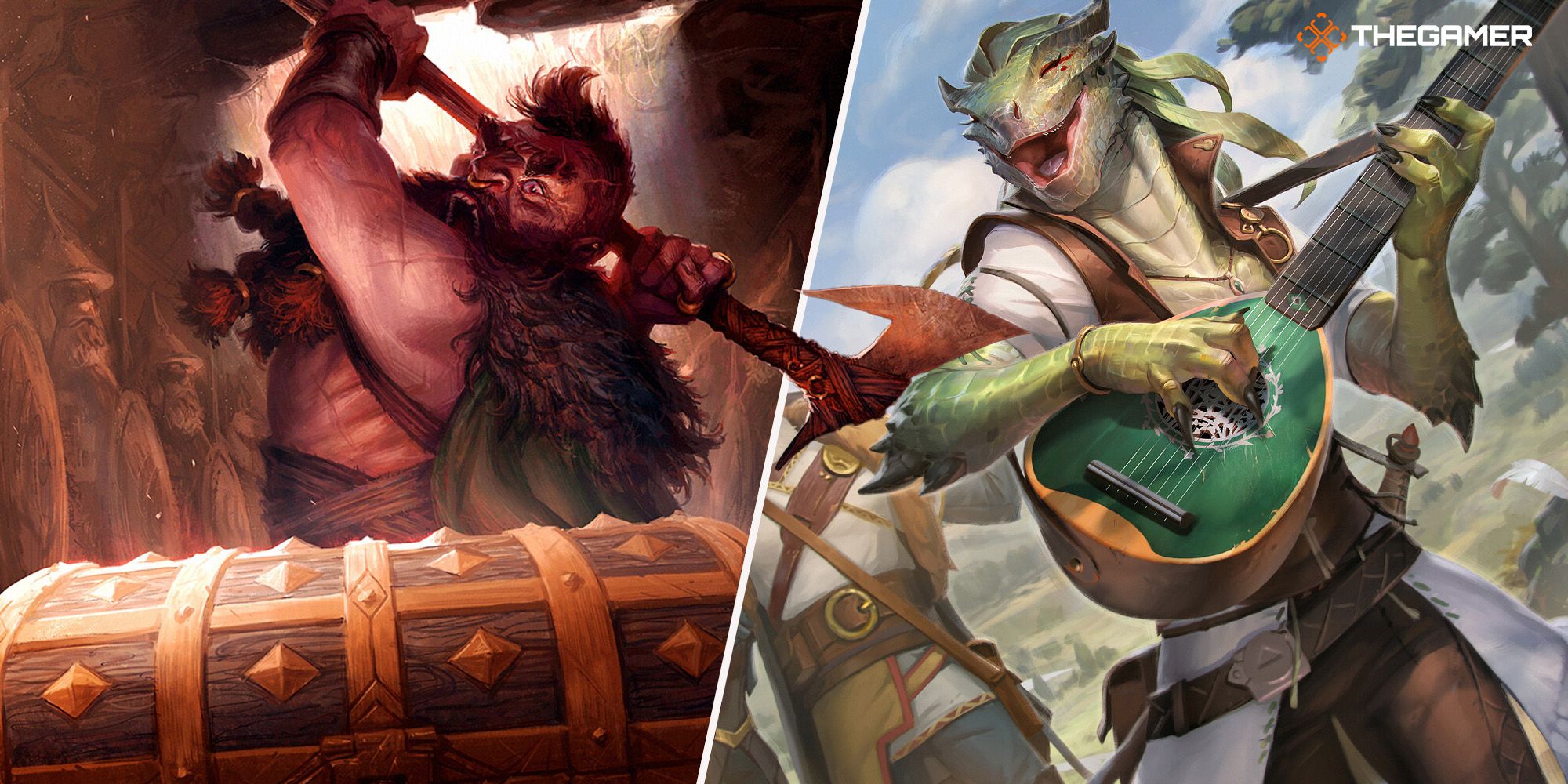
Related
Dungeons & Dragons: Best Multiclass Combinations
In Dungeons & Dragons, multiclass characters can be a godsend or a game-ender. These are the best multiclass options out there.
This will allow the party to quickly flee from an overwhelming force, making this one of the best fifth-level spells in 5e for quick transportation. This spell can also create a permanent teleportation circle if the spell is cast every day for a year. This would allow you to permanently link two bases, which might be separated by thousands of miles.
16 Banishing Smite
Send Foes To Other Planes
It’s a spell exclusive to Paladins, but so useful that it should be on the essential spell list. It works in conjunction with melee fighting, so it’s not useful to many other classes anyway. The Paladin casts the spell before or during combat, and every time they strike an enemy, Banishing Smite gives their blows an extra 5d10 force damage.
The after-effects of taking a hit vary depending on the hit. If the Paladin does more than 50 hit points of damage their target is banished to another plane of reality and stays there until the spell wears off, which takes about a minute.
15 Telekinesis
Move Objects With Impunity
Telekinesis doesn’t move everything, as the name itself implies. You can use this transmutation spell to change the location of both creatures and objects, but only by lifting them in the air after a successful roll against the creature’s strength. Any living creature is restrained during the duration of the spell, but the caster can’t control the words and actions of the trapped creature.
When it comes to manipulating objects, the possibilities are endless. You can move anything that weighs up to a tonne and manipulate objects like keys or tools. That means no cell or dungeon door will hold you, or your party, back from their quest.
14 Flame Strike
Channel Your Inner Dragon
Clerics don’t get many potent offensive spells, so Flame Strike is one the party’s Cleric might want to keep memorized. Flame Strike calls down a column of magical flame 40’ tall and with a 10’ radius. Anyone caught in the flame suffers 4d6 fire damage and 4d6 radiant damage, and a successful Dexterity saving throw reduces the total damage by half.
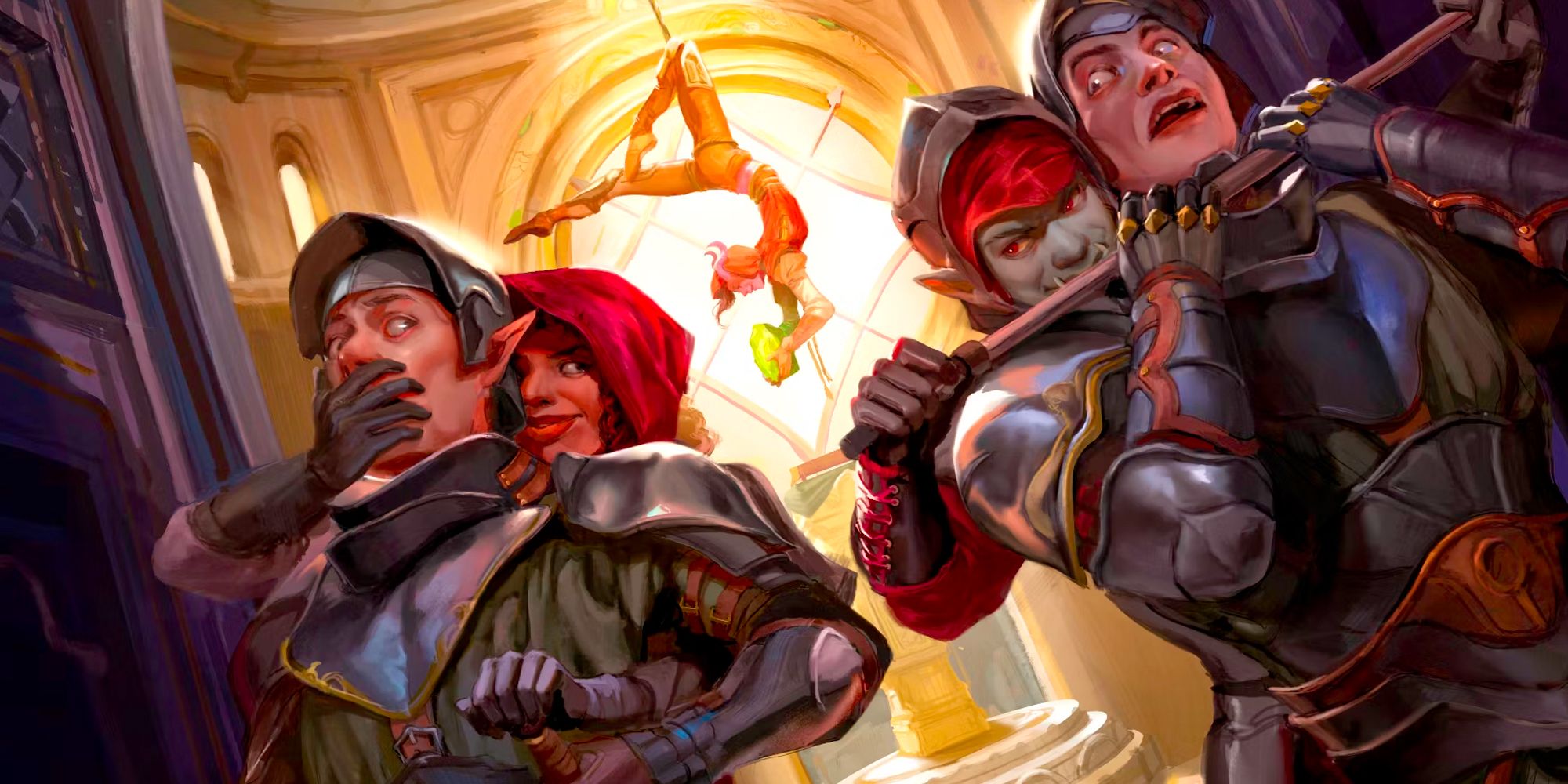
Related
Dungeons & Dragons: 10 Rewards That Aren’t Gold Or Magic Items
If you’re tired of rewarding your players with gold or magic items, check out these alternatives.
This spell is scalable as you require, adding a 1d6 to either the fire or radiant damage. This spell would be higher on this list as one of the best fifth-level spells in 5e, but fire and radiant resistances are two of the more common resistances players will have to contend with.
13 Dominate Person
Control Someone’s Actions
A more powerful version of the spell Hold Person, Dominate Person has the same benefit of crowd control but with an important addition. As the name of the spell suggests, you control the movements and actions of the target. It’s equally useful in combat as it is socially.
The target has to succeed in a Wisdom saving throw or be charmed by the caster, who must be 60 feet in range and directs the target’s movement through a telepathic link. The spell is exclusive to Bards, Wizards, and Sorcerers and can only be cast on humanoids.
12 Mislead
Create An Illusionary Copy
What’s better than being able to turn invisible? Being able to turn invisible and create an illusionary double is a great start. The invisibility is unfortunately of the second-level variety, which means attacking or casting a spell will end the invisibility, but the illusionary double remains until the duration ends.
Previous editions of D&D made the invisibility effect for Mislead the fourth-level variety but that version was a 6th-level spell. DMs might want to offer this better version when Wizards can cast sixth-level spells or make the 5th edition version scalable to change the Invisibility to Greater Invisibility. This spell allows the caster to see and hear as though they were in the duplicate’s location and can be incredibly useful for safely scouting an unexplored area.
11 Passwall
Create Your Own Passageways
Simple but infinitely handy, Passwall creates a stable passage through a variety of surfaces, as long as it’s made of wood, plaster, or stone. That also includes ceilings or floors, so you can imagine the possibilities for this versatile spell in dungeons, castles, or keeps.

Related
Dungeons & Dragons: 13 Backstory Ideas For A Druid
These backstory ideas could help make your D&D Druid journey a great one.
The spell isn’t just extremely useful, but the caster can control the size of the passage, which can be up to 5 feet wide, 8 feet tall, and 20 feet deep. You can lead your whole party through a passage or send a familiar into a mysterious room for plunder or spying, so for campaigns that involve dungeon-delving or thieving, it’s one of the best fifth-level spells in fifth edition.
10 Cone Of Cold
Damage That Freezes
To say the damage of this spell in earlier editions of D&D was too weak for a fifth-level spell is an understatement. Fortunately, this has been remedied in the 5th edition, and Cone of Cold now does enough damage that even challenging foes will have their hit points significantly reduced.
Cone of Cold inflicts 8d8 points of cold damage, but a successful Constitution saving throw reduces the damage by half. The area of effect is a cone that extends 60’ away from the caster. It would have been more useful if beings caught within the cone were temporarily slowed or suffered a disadvantage in battle.
9 Cloudkill
One Of The Best AoE Spells
A classic and savage AoE spell, this cloud of heavy, putrid fog is useful in a variety of situations. This poisonous mist is handy for clearing out corridors and rooms, covering a radius of about 20 feet. Cloudkill also pours down flights of stairs and over openings like chimneys.
Any creature in the same space that fails a Constitution saving throw takes 5d8 damage, and a successful throw means the creature takes half that damage, to give you an idea of how devastating this spell really is. For both AoE and damage-over-time, it’s one of the best fifth-level spells in 5e.
8 Wall Of Force
Create Protective Walls
When it comes to conjuring a barrier to separate the party from the enemy, the only choice better than Wall of Force is Prismatic Wall. Wall of Force creates an invisible wall of magical energy that is impervious to physical and magical damage except for the Disintegrate spell.
This spell also extends into the Ethereal Plane and prevents beings that can travel through that plane, like phase spiders, from passing through the wall. If you wish, the wall can be shaped into a hemispherical dome or any other shape that can be formed out of ten 10’ X 10’ adjoining wall sections.
7 Animate Objects
Make Soldiers Out Of Mundane Objects
Animate Objects allows you to make up to ten allies from inanimate objects in the area. The number of objects is determined by their size; tiny objects count as one object, medium-sized objects count as two, large objects count as four, and huge objects count as eight.
If the object has legs or appendages, like a table or chair, it moves about using those, otherwise, the objects fly through the air. Larger objects have more hit points and deal more damage, but have a lower armor class. The caster gives the objects commands in battle, such as which targets to attack, and requires no concentration from the caster after they have been animated.
6 Greater Restoration
Heal The Worst Ailments In The Game
This is an extremely useful Cleric spell that can be used to remove several status ailments along with restoring health. With this spell, you can remove a charm or petrify status affecting the target, or one level of exhaustion. This spell can also be used to remove a curse including an attuned cursed magic item.
It’s one of the best fifth-level spells in 5e, restoring lost ability scores or the target’s maximum hit point total. The ability to remove the charm or petrify status from a party member might be the difference between life or death for the party. If a divine caster has two 5th-level spell slots available it is recommended that one of those spells be Greater Restoration.
5 Creation
Make Something Out Of Nothing
A useful spell but also a complex one in which the caster can turn ethereal matter into something else. It’s a simple concept with infinite possibilities. The caster uses wisps from the Shadowfell to create a variety of non-living objects, like cloth or even stone.
The more complex your concoction, however, the less time it will last. A simple rope will last one day, giving you and your friends plenty of time to scale that wall, but gems will only last ten minutes, so keep that in mind if your character is a thief having some fun with a shopkeeper.
4 Mass Cure Wounds
Heal The Entire Party
The spell Mass Cure Wounds allows the caster to heal up to six beings within 30’ of the spell’s focus point 3d8 + the caster’s spellcasting ability modifier. The ability to heal the entire party from a distance is one of the most useful abilities granted by fifth-level spells in 5e. The amount healed could have been slightly higher, but at least the spell is scalable; adding a 1d8 for every spell slot used above fifth.

Related
Dungeons & Dragons: Every Dragon Color And What They Mean
Here are all the dragons and what their colors mean in D&D!
The only real problem with this spell is that at 7th level healing 3d8 + the caster’s spell modifier is usually not enough to keep the party alive against an overwhelming force. At most, it will buy the party an extra round of battle. This spell would also be a lot more useful if it could be used to harm a group of undead creatures, but this feature of healing spells was removed for the fifth edition.
3 Mordenkainen’s Faithful Phantom Defenders
Your Very Own Bodyguards
Mordenkainen’s Faithful Phantom Defenders is a spell from the second edition that is one of the best 5th-level spells from that edition. This spell summons several phantom defenders that only those hostile to the caster can see. To everyone else, these defenders are invisible and insubstantial. These defenders are capable combatants; offensive spells, like a Fireball, cast by the Wizard do not harm them.
You have a choice of summoning three humanoid soldiers, two centaur soldiers, eight phantom bats, or five phantom sharks. Each group has its own strengths and weaknesses. The humanoid soldiers’ stats converted to fifth edition are; MV: 22, HP: 36, +5 to hit, AC: 18, #AT: 1, Dmg: 1d8 +2. The attacks are considered to be delivered with a magical weapon. This spell can be found in the Wizard’s Spell Compendium and the 2nd edition World of Greyhawk guidebook.
2 Freedom of the Winds
Almost Like Flying
A spell that’s only available to Druids, Rangers, and Sorcerers as part of the Tal’Dorei Campaign Setting Reborn module, Freedom of the Winds is handy to any class that finds themselves in melee range with a low AC. It doesn’t make the character fly, but it does elevate them to a height of as much as 60 feet, along with giving the caster bonuses against grappling or being restrained or paralyzed.
While the spell is in effect, you can use a Reaction to teleport another 60 feet into the air. When this is combined with the initial flying speed, you could scale a high wall or cliffside, at least theoretically, but lack of control while in the air might be an issue that prompts a Dexterity check.
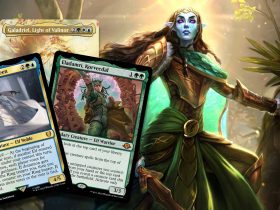
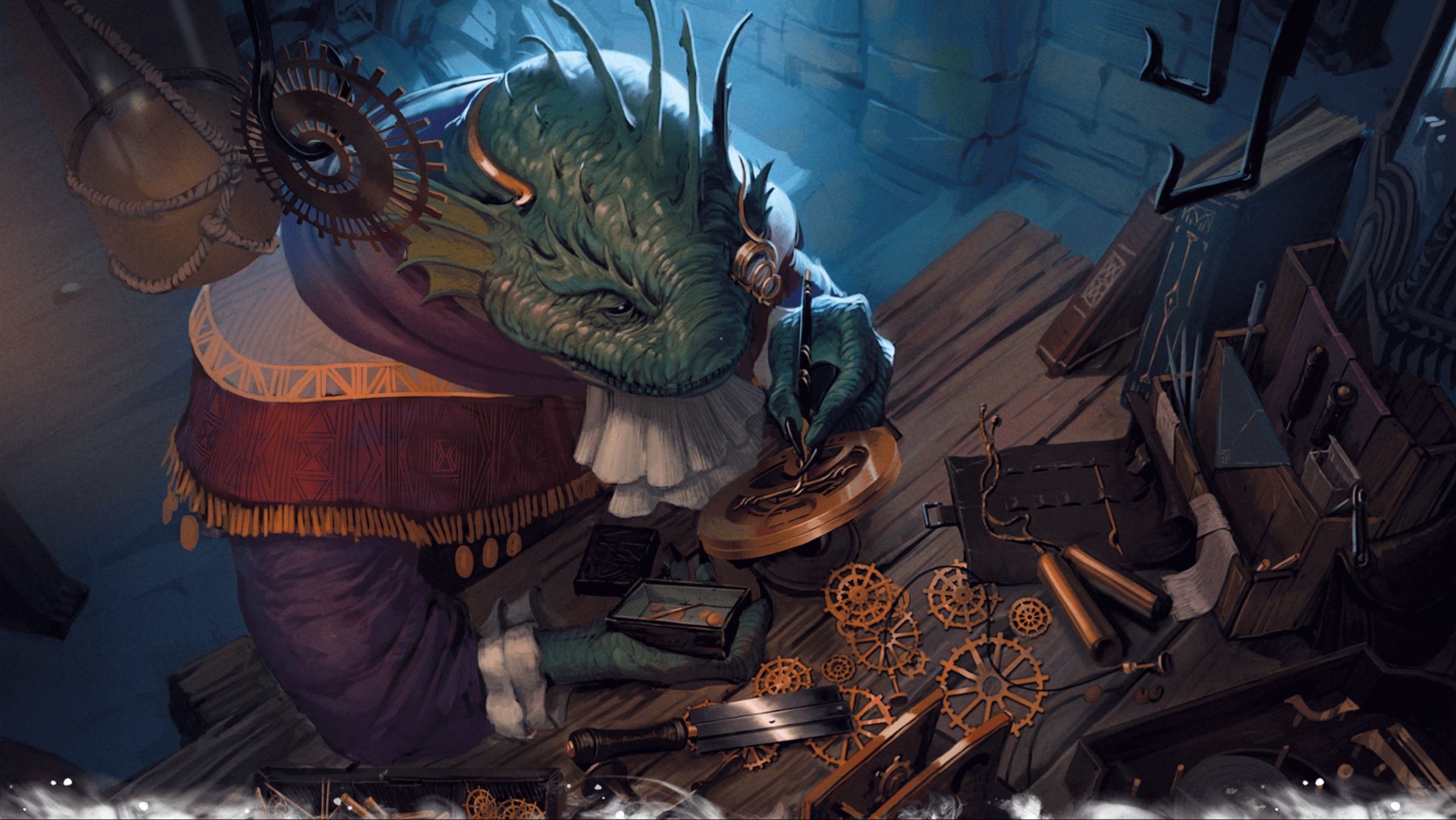
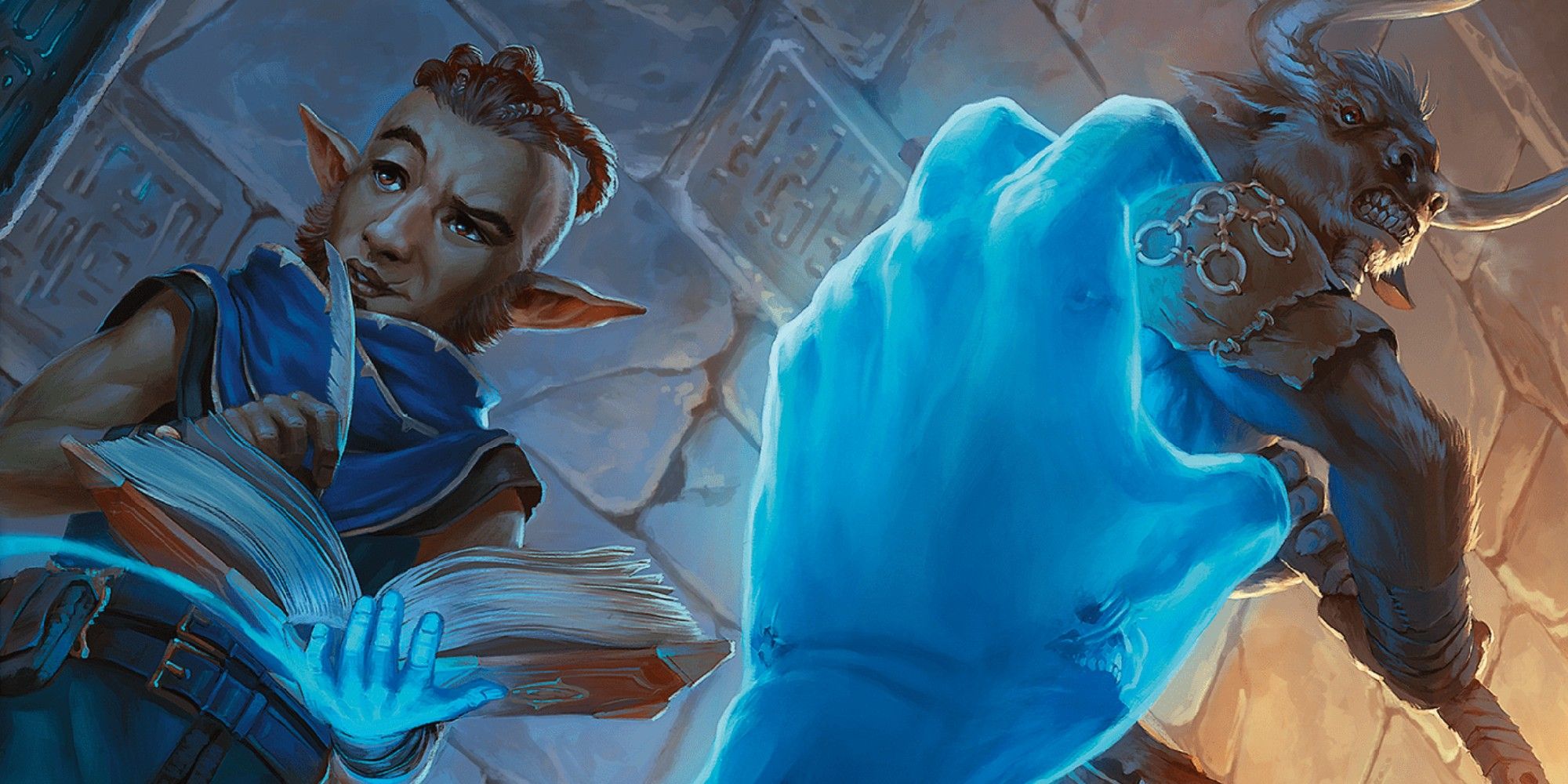
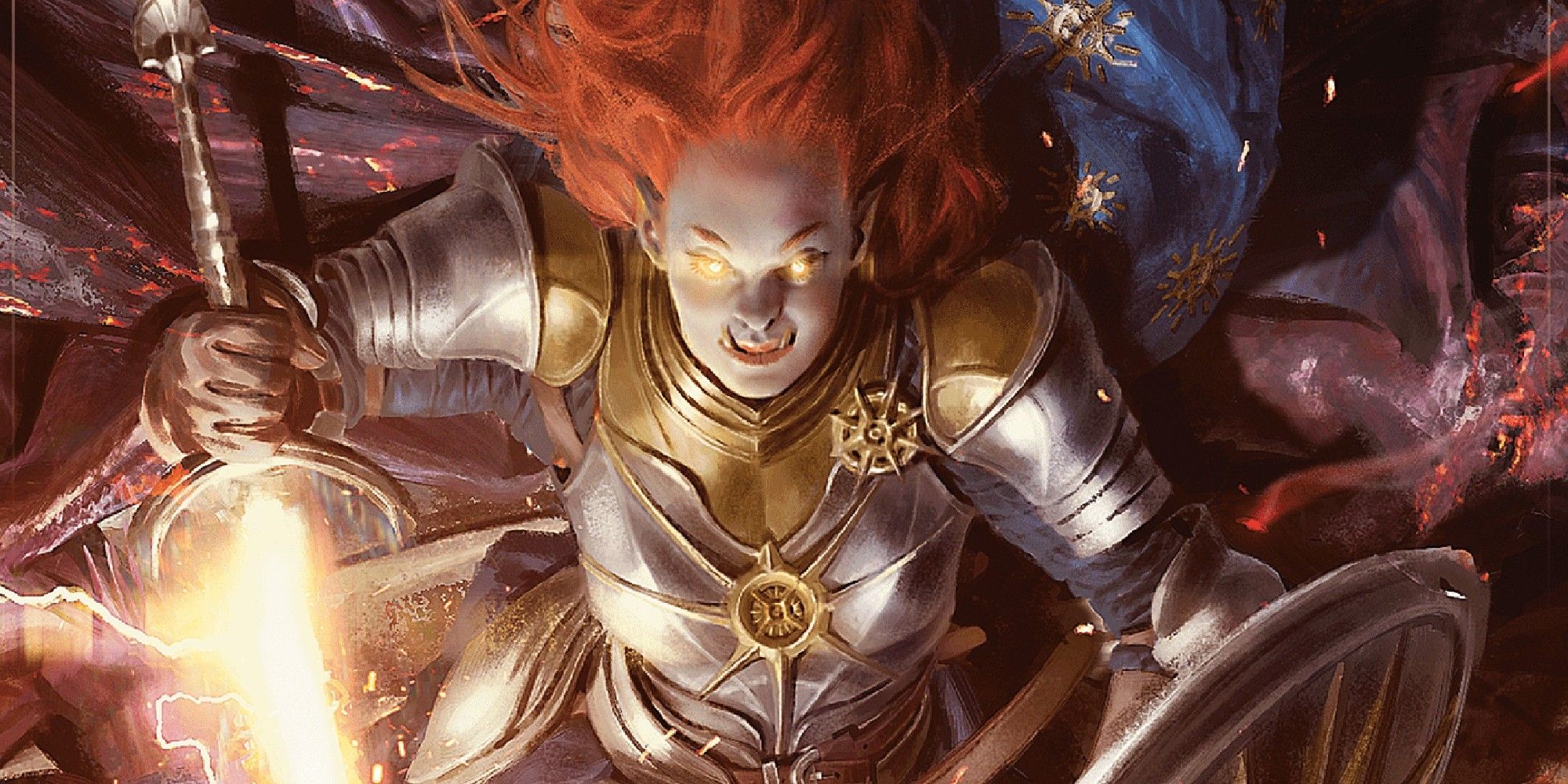

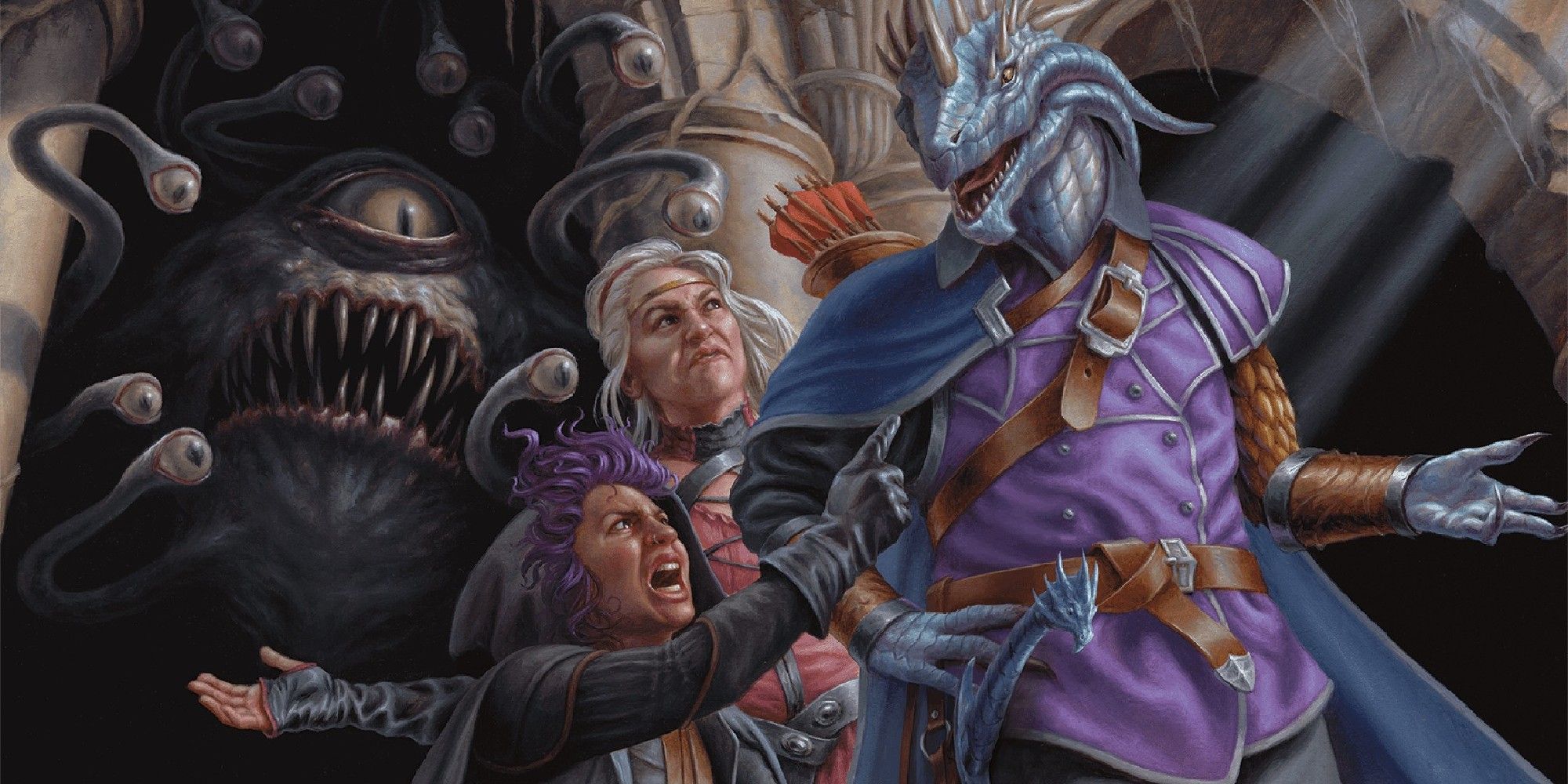
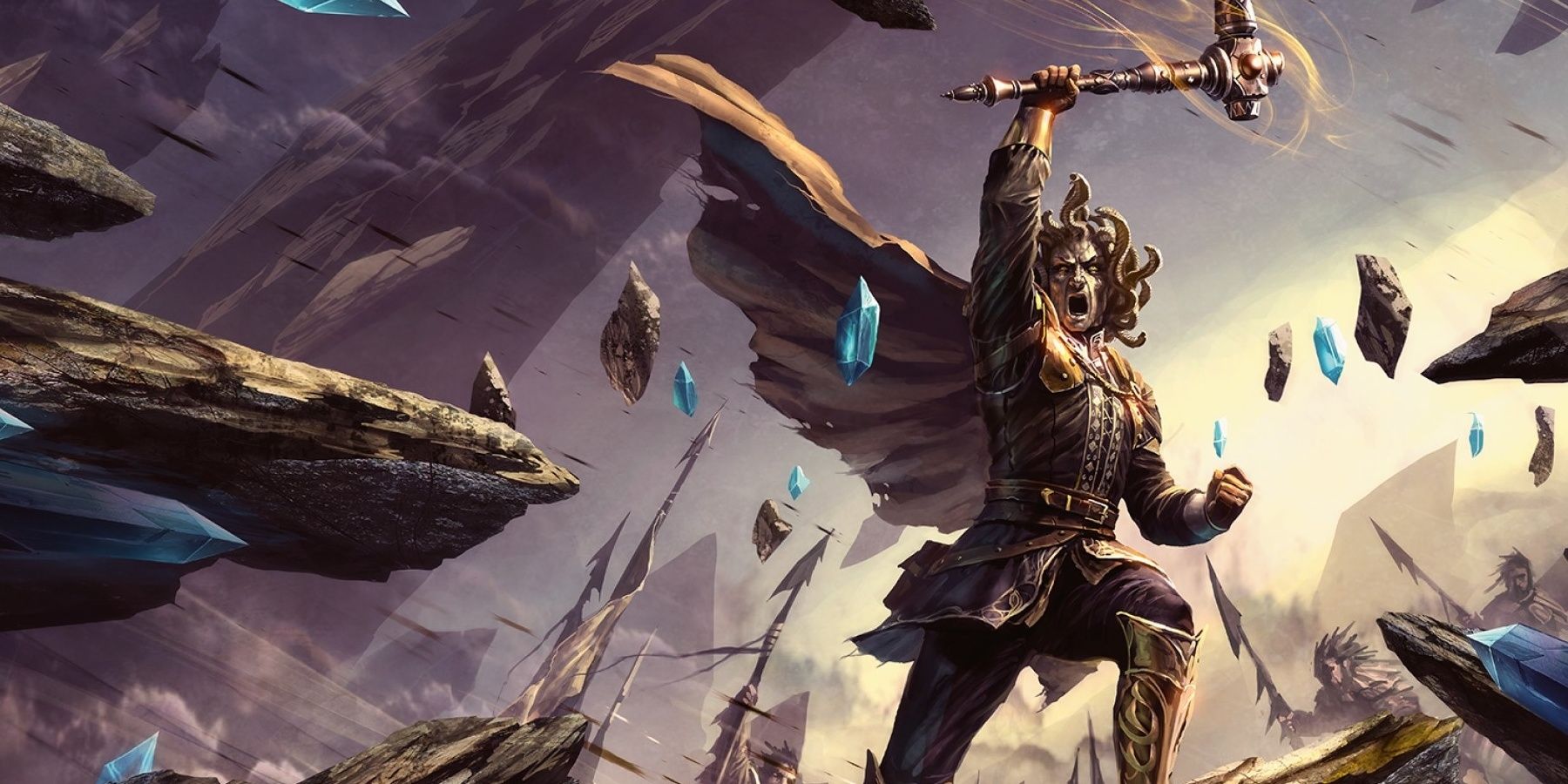
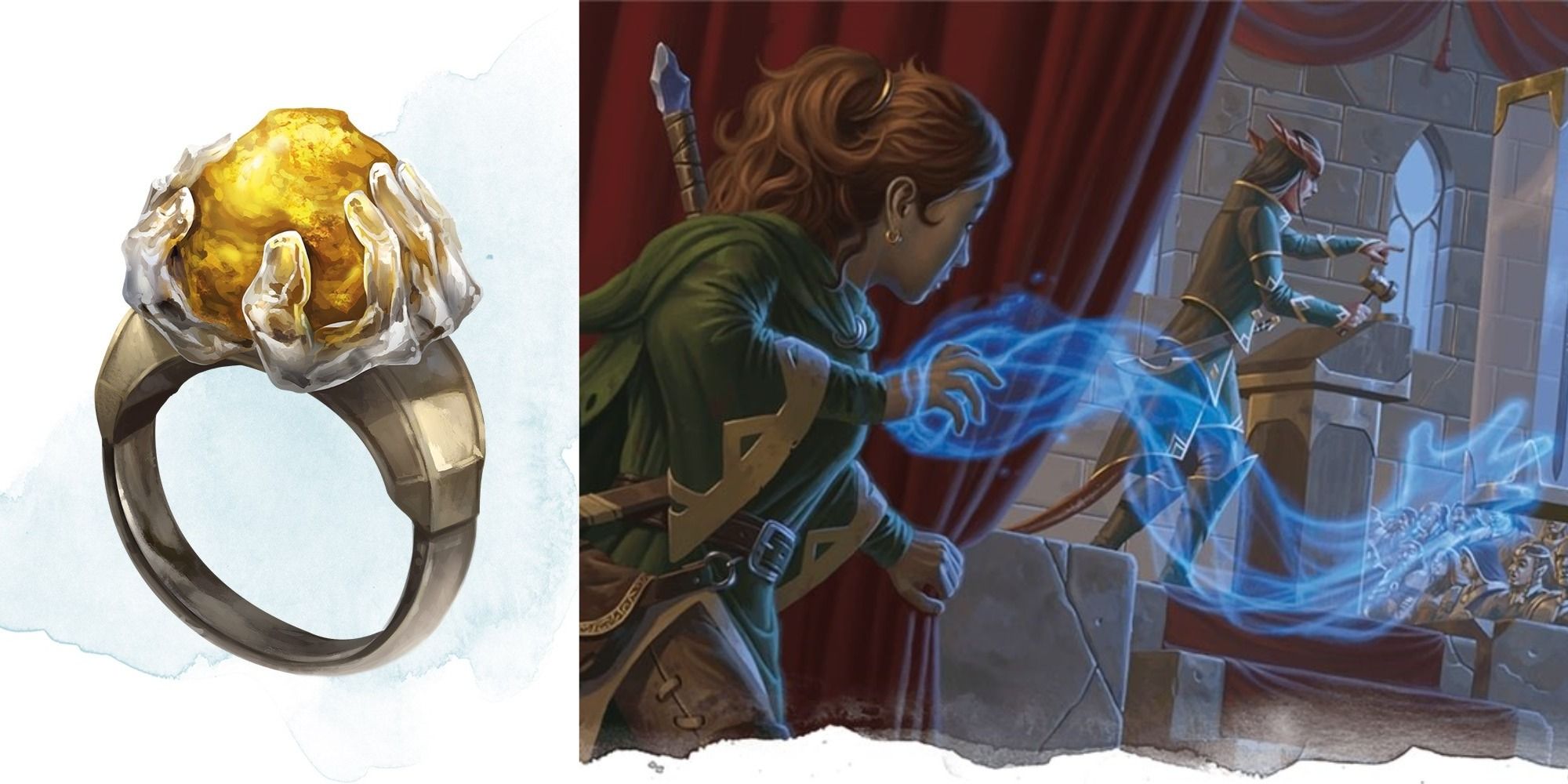
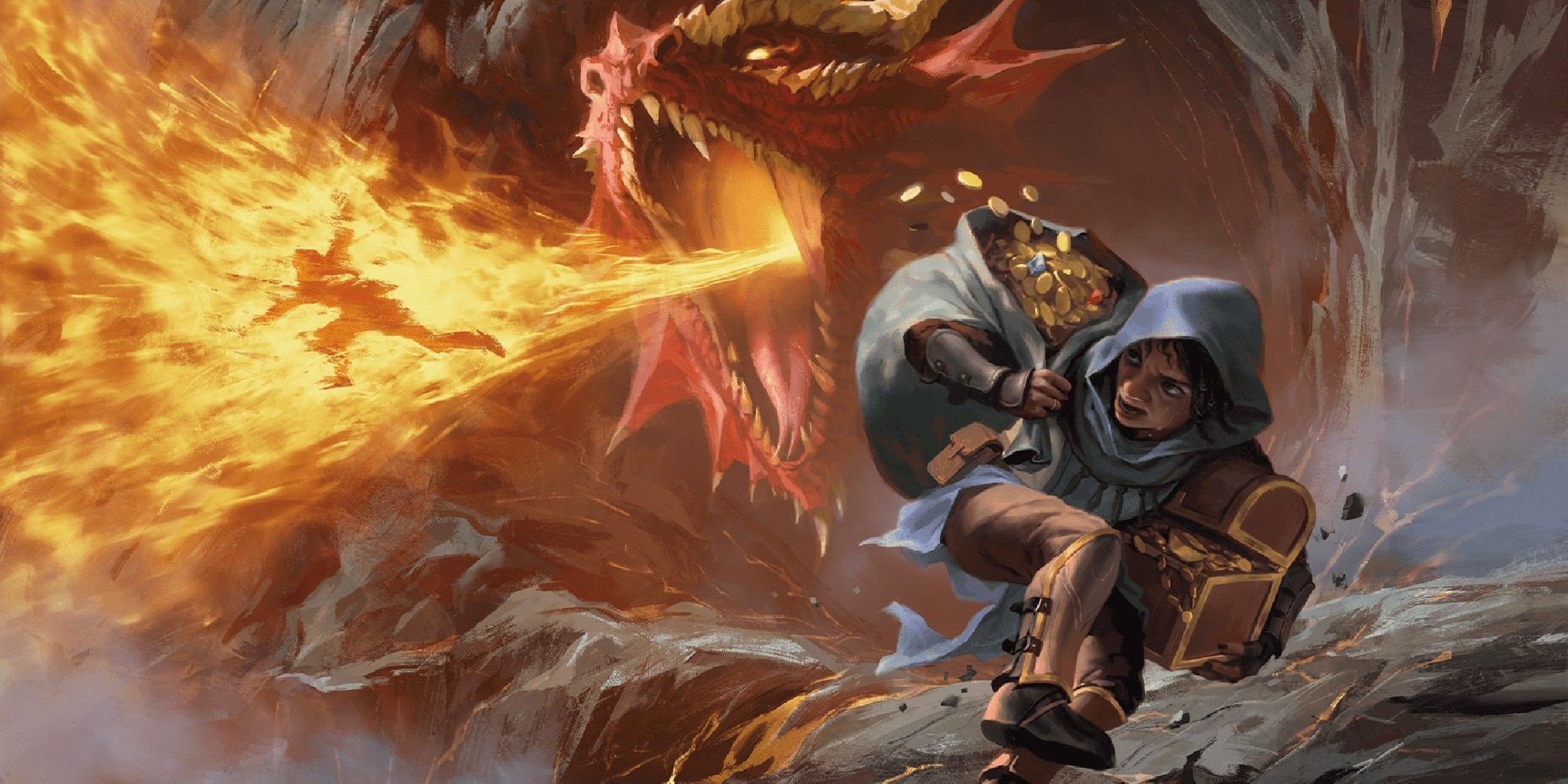
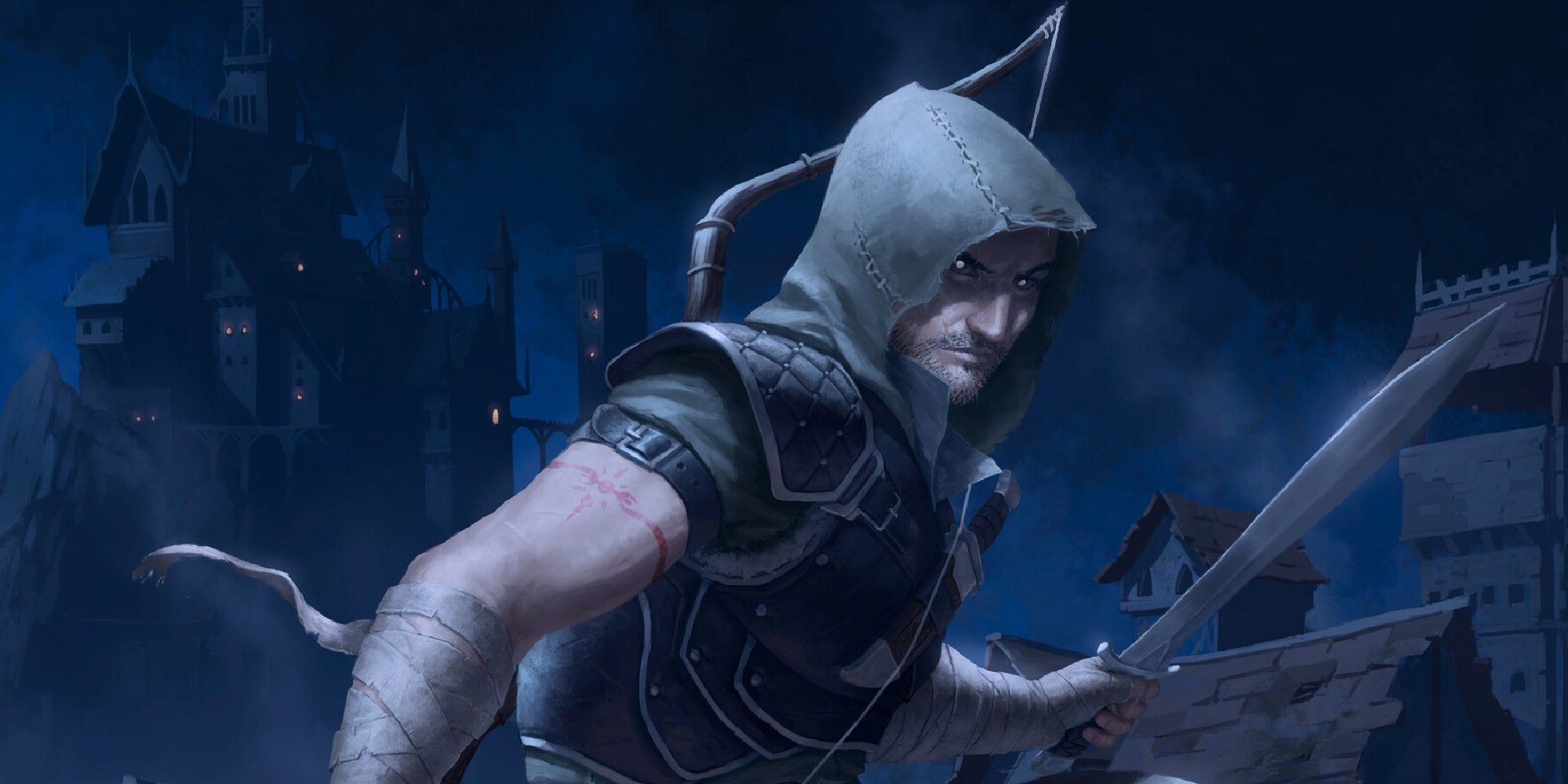
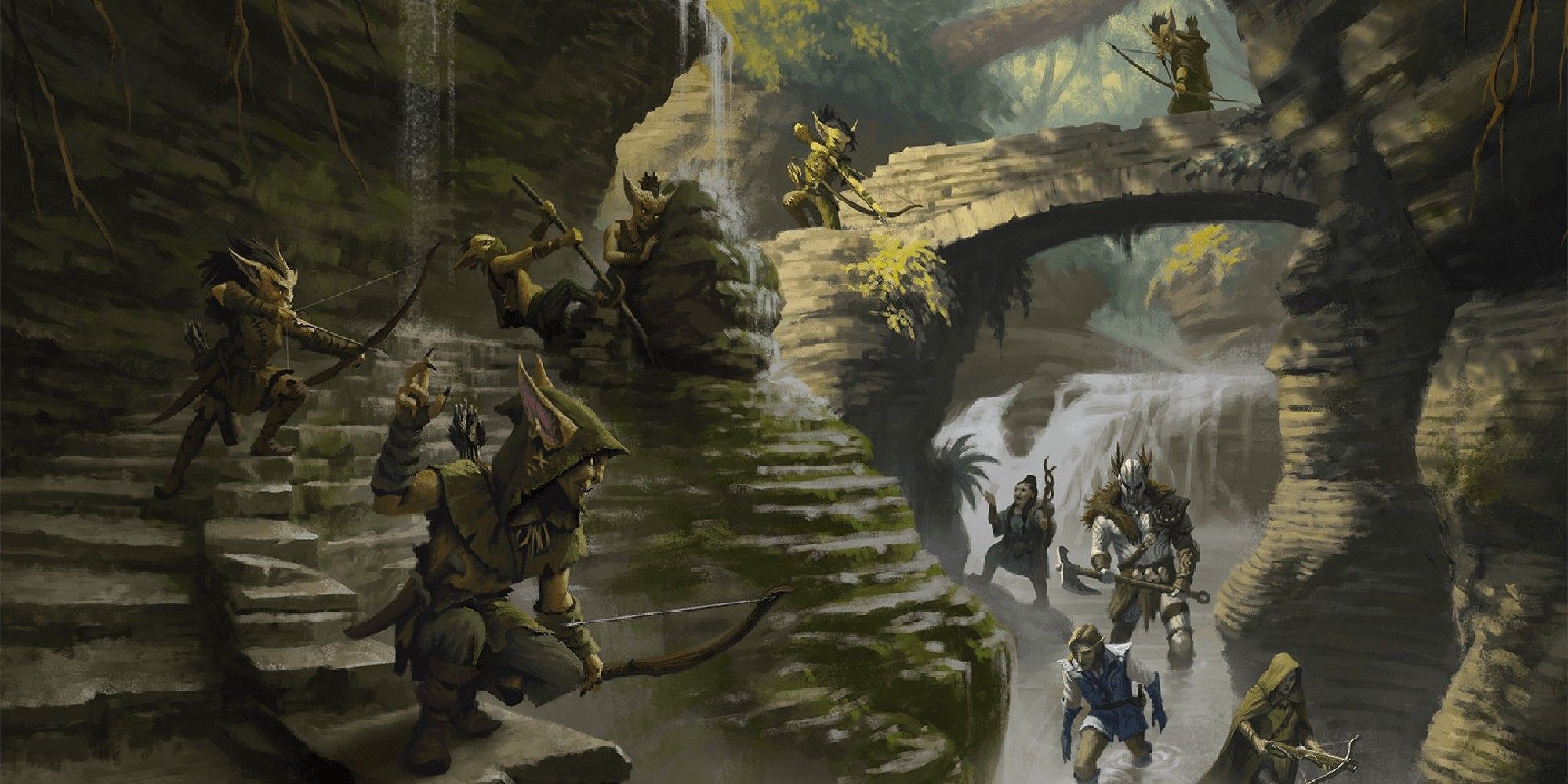
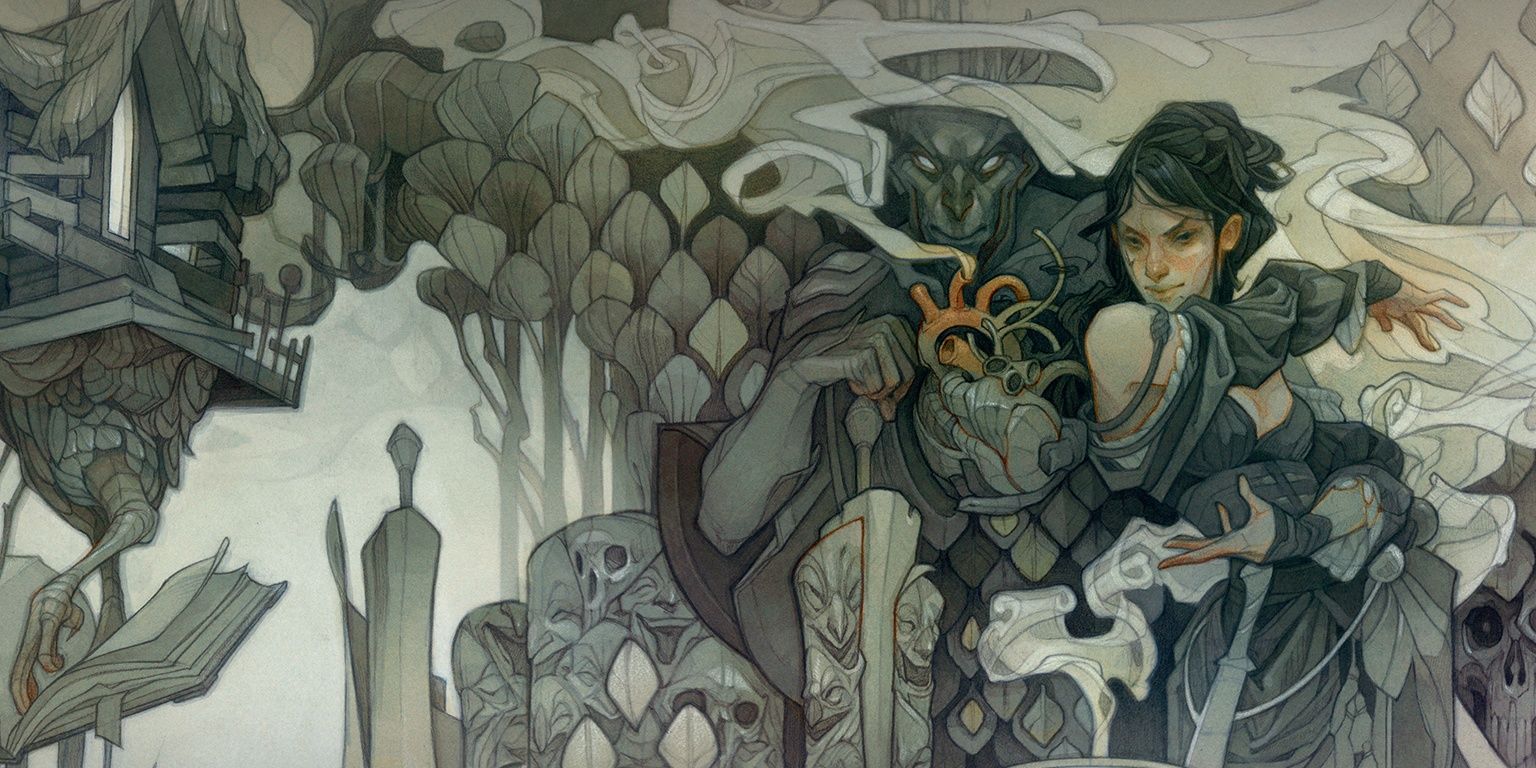
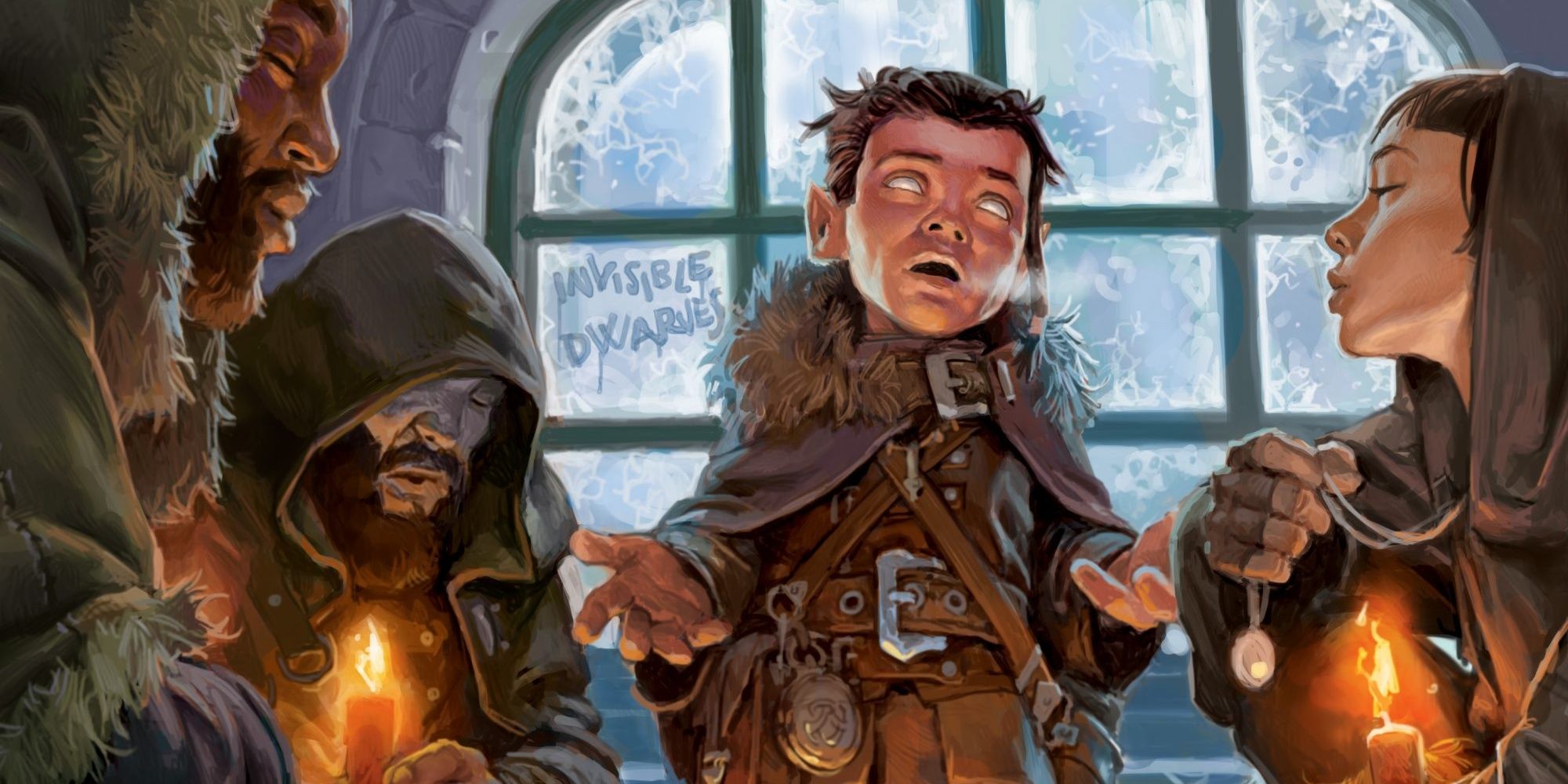
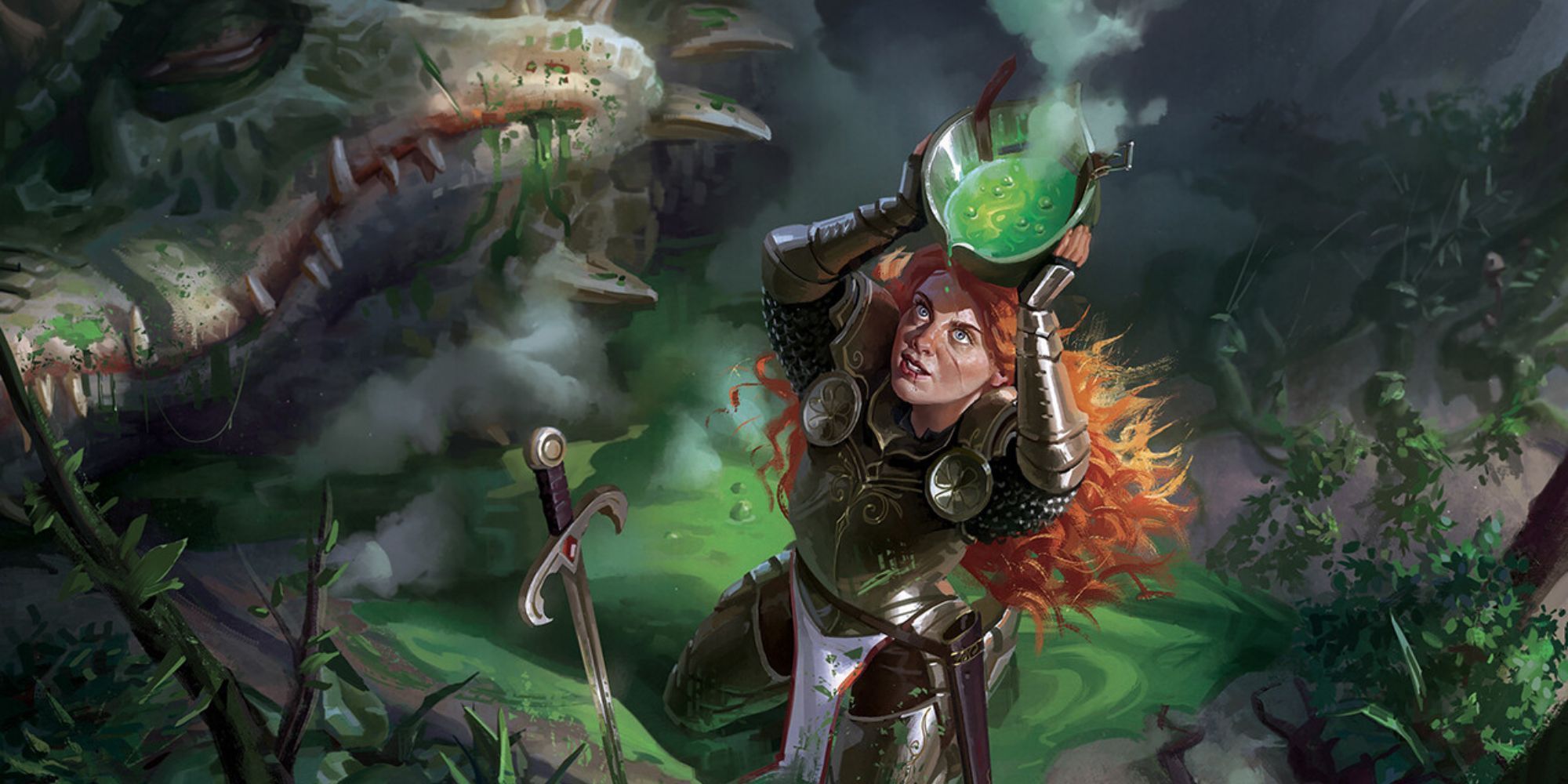

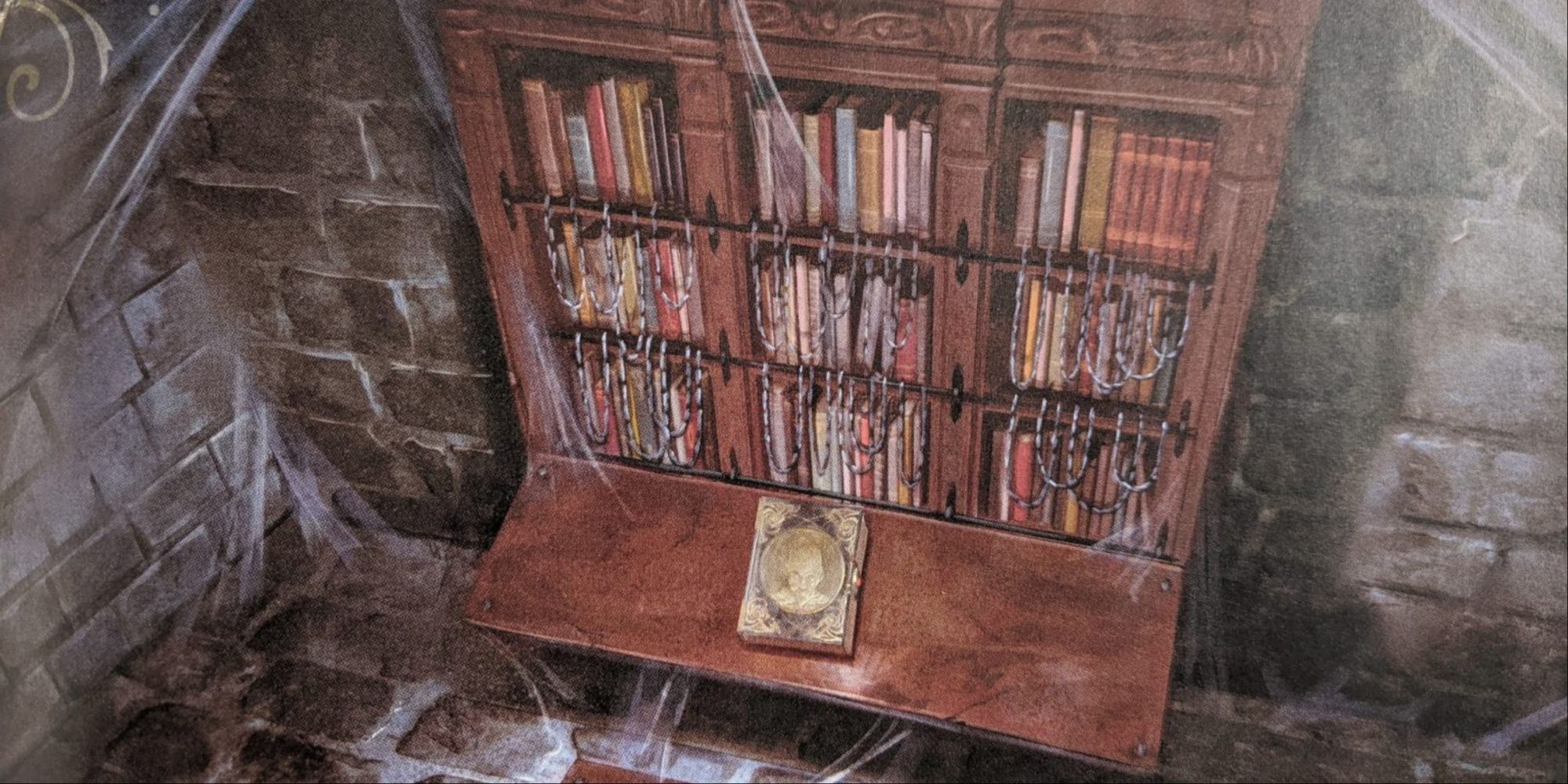
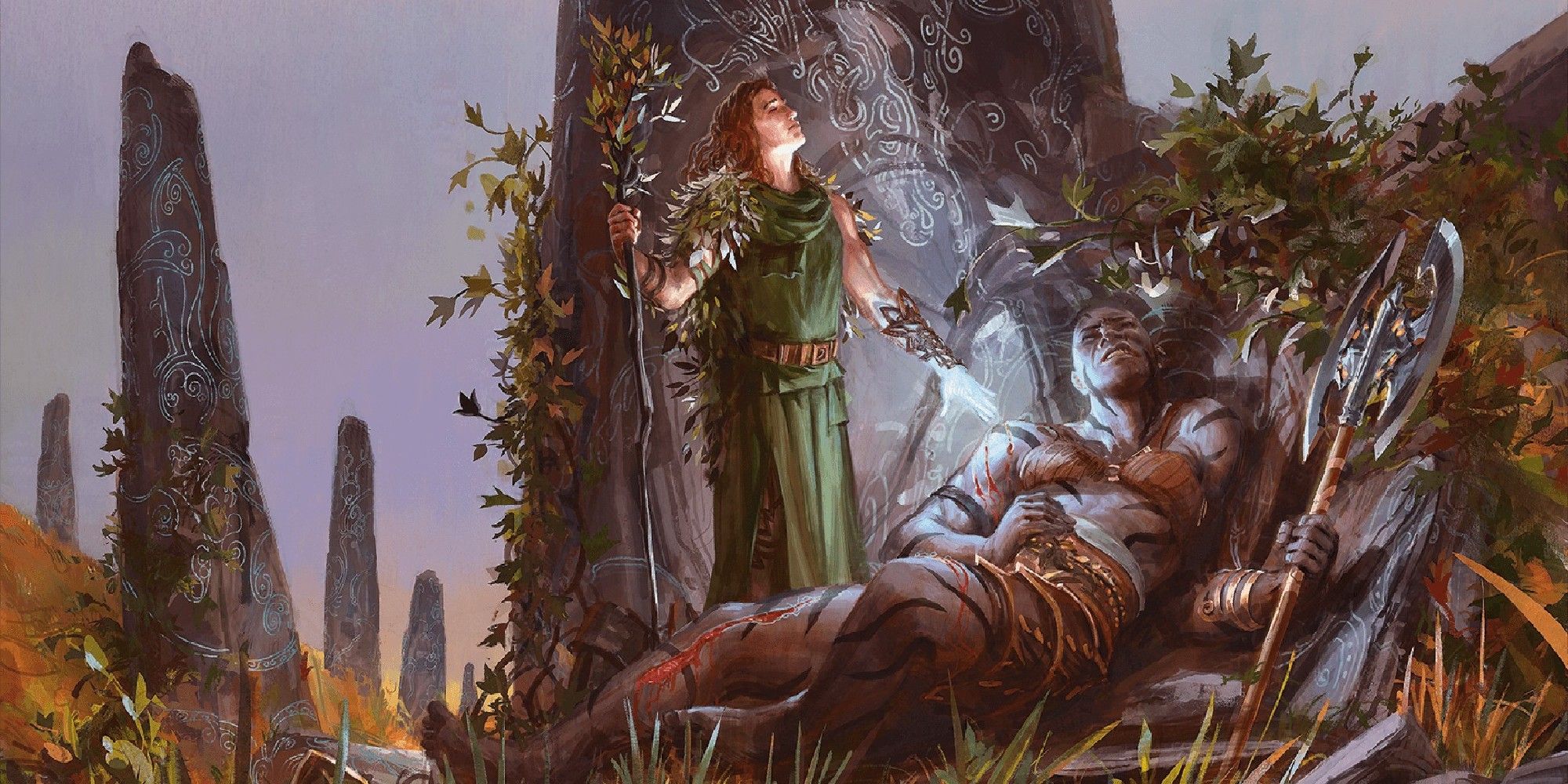

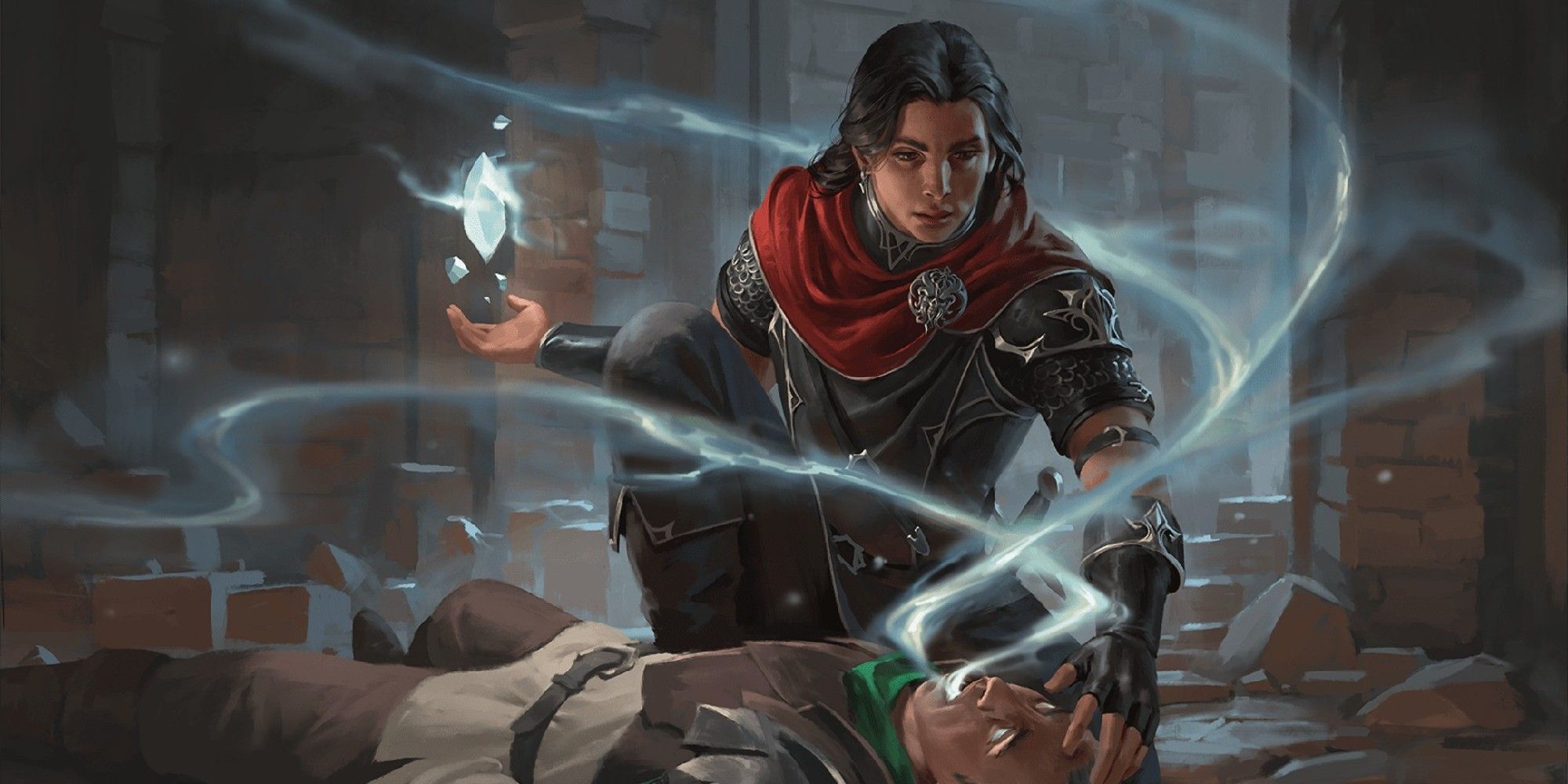

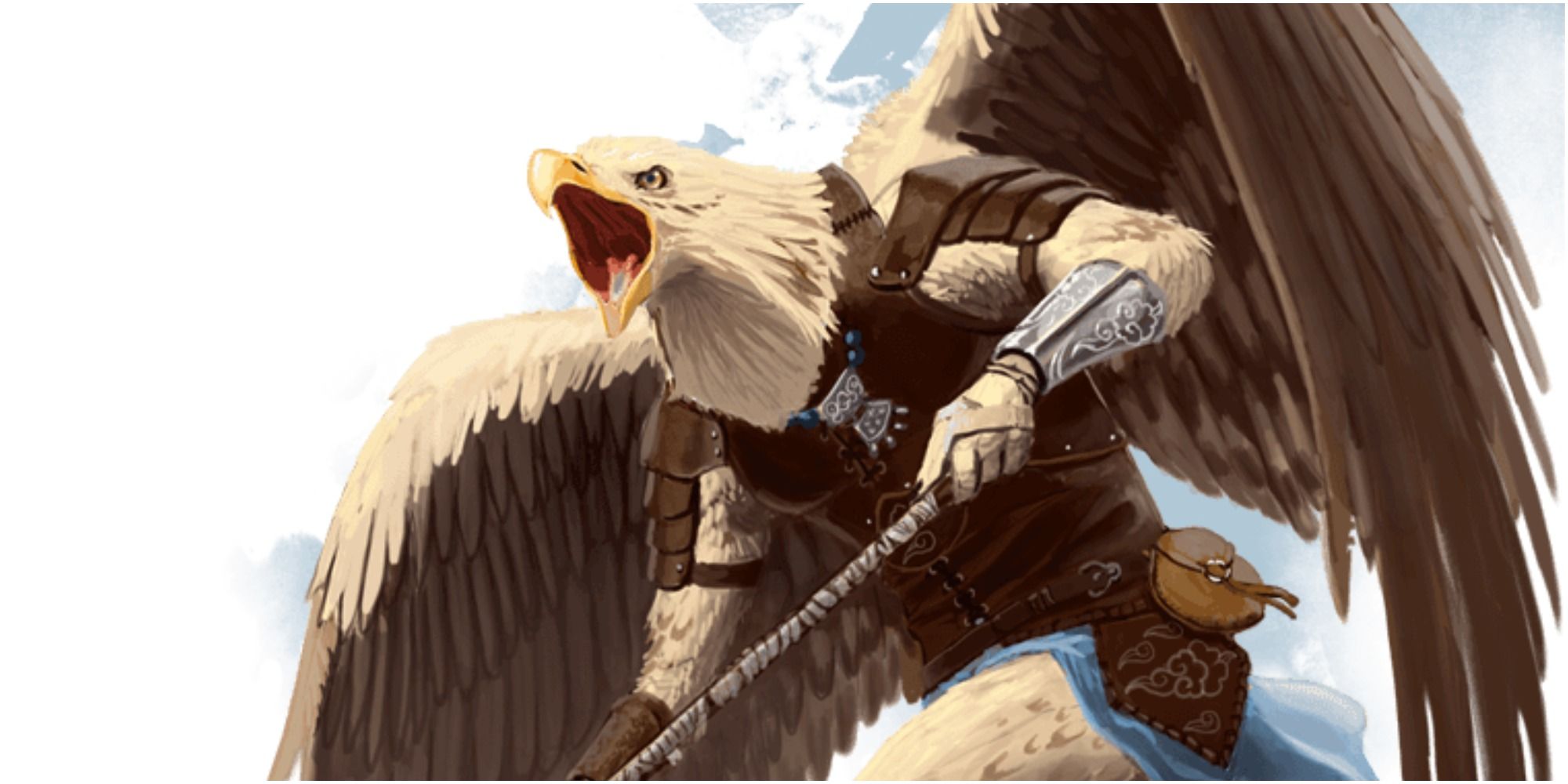





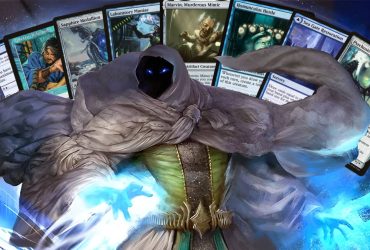
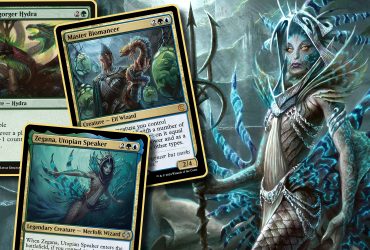


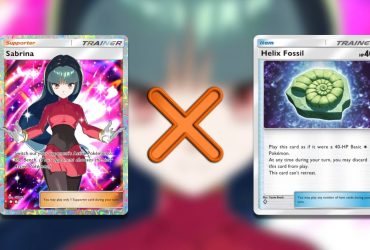
Leave a Reply